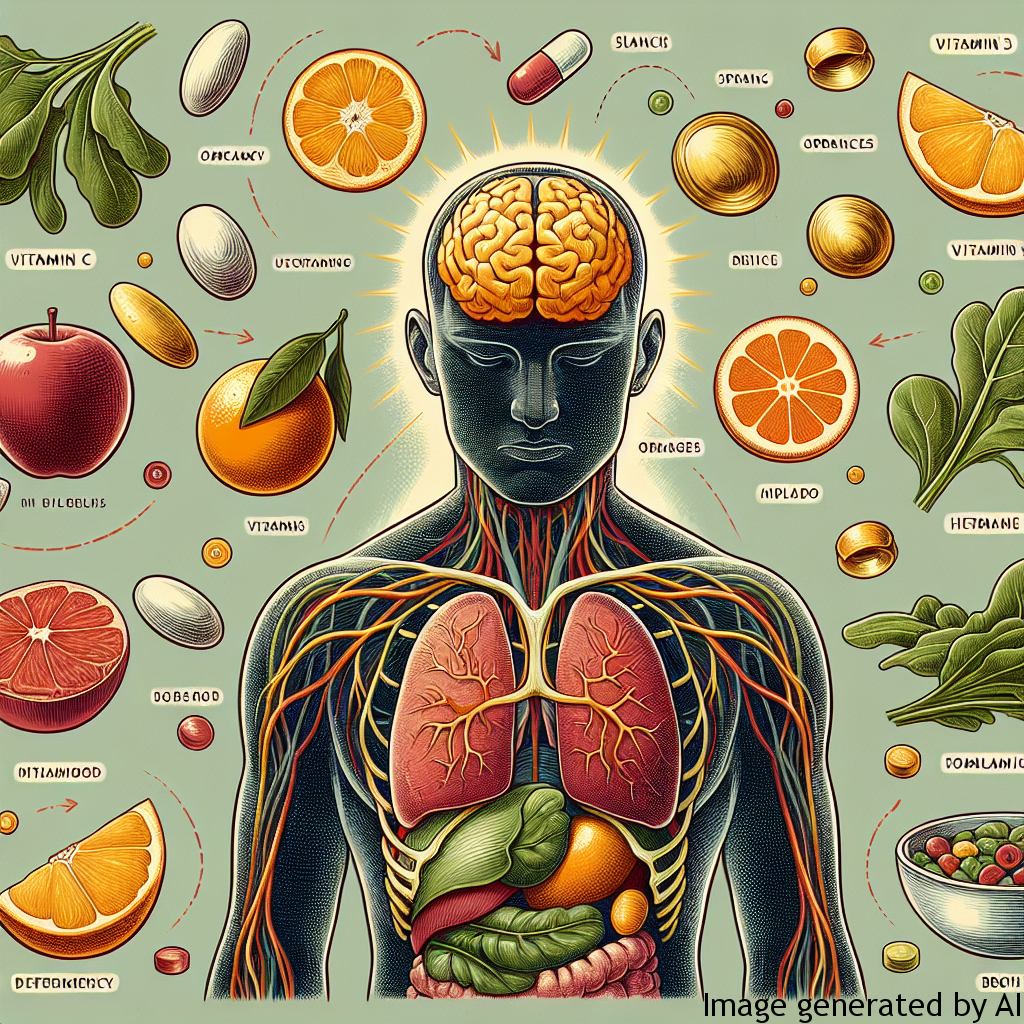Introduction
Undoubtedly, vitamins and minerals play vital roles in maintaining our health and providing the nutrients our bodies need for vital functions. This article highlights the importance of these nutrients and their critical functions in the human body, their sources, and the possible health risks of deficient or excessive intake.
The Essential Vitamins and Minerals
Vitamins and minerals which are also known as micronutrients, support various bodily functions including growth and development, immunity, energy production, and blood clotting. These essential nutrients are further divided into two categories; fat-soluble vitamins (vitamin A, D, E, and K) and water-soluble vitamins (B-vitamins and vitamin C).
Vitamins
Vitamins are essential organic compounds that the body cannot synthesize on its own but are crucial for its function. Vitamins help shore up bones, heal wounds, bolster your immune system, convert food into energy, and repair cellular damage.
Minerals
Minerals, on the other hand, are inorganic compounds that are just as important as vitamins. They play a role in heart health (potassium and magnesium), bone health (calcium, phosphorus, and vitamin D), and mental health (iron, iodine, and zinc).
Health Risks of Nutritional Deficiencies and Overintakes
Both deficient and excessive intake of vitamins and minerals can lead to adverse health effects. Deficiencies can lead to diseases such as scurvy and rickets, while overconsumption can lead to toxicity or nutrient-nutrient interactions whereby one nutrient’s excess may affect others.
Tips for a Balanced Intake of Vitamins and Minerals
Maintaining a balanced intake of vitamins and minerals is achievable through a well-rounded diet. Consuming a wide variety of foods, including fruits, vegetables, lean meats, and whole grains, can provide a wealth of vitamins and minerals. Additionally, a balanced diet can also provide other beneficial compounds not found in dietary supplements, like fiber and phytochemicals.
Conclusion
In conclusion, vitamins and minerals are crucial to maintaining optimal health. It is essential to understand the role of these nutrients and the potential risks associated with their deficiency or excess. A balanced diet that includes a variety of foods is the best way to ensure an adequate intake of essential vitamins and minerals. In some cases, supplementation may be required. However, it is always best to seek the advice of a healthcare professional before starting any new supplement regimen.

